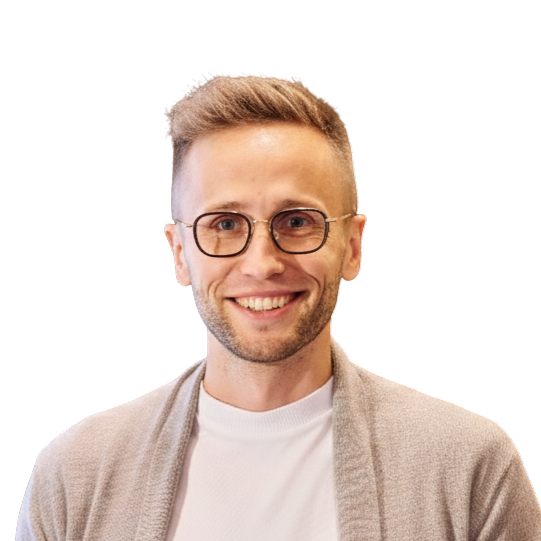Show Notes
Part 3 of 4 of our series with Sergey Jakimov, Managing Partner at LongeVC.
Host Jon Chee sits down with Sergey to hear about his personal experience as a rare disease patient and how LongeVC operates.
Key topics covered:
- Launching a $25M longevity fund with a science-first thesis
- Why disease-focused investments outperform holistic longevity approaches
- How becoming a rare disease patient transformed Sergey's philosophy
- Achieving zero write-offs across 20 portfolio companies
- Building Ani.vc and the Longevity Science Foundation
Resources & Articles
- Antibody-Drug Conjugates (ADCs) in Cancer Treatment: https://my.clevelandclinic.org/health/treatments/antibody-drug-conjugates
- Longevity Investing and Healthy Aging Economics: https://www.mckinsey.com/mhi/our-insights/the-economic-benefits-of-investing-in-healthy-aging
- Rare Autoimmune Neurological Disorders: https://www.hopkinsmedicine.org/health/conditions-and-diseases/autoimmune-disease
- Blood-Based Cancer Diagnostics and Early Detection: https://www.cancer.gov/about-cancer/screening/research/blood-tests
- Health Span vs. Lifespan: Quality of Life in Longevity Research: https://www.nia.nih.gov/health/healthy-aging/what-do-we-know-about-healthy-aging
Organizations & People
- UC Berkeley: https://www.berkeley.edu/
- Harvard University: https://www.harvard.edu/
- Stanford University: https://www.stanford.edu/
- Insilico Medicine: https://insilico.com/
- AOA Diagnostics (AOA Dx): https://aoadx.com/
- Longevity Science Foundation (LSF): https://longevity.foundation/
- Garri Zmudze https://www.linkedin.com/in/garri-zmudze-982a48138/
- Alex Zhavoronkov https://www.linkedin.com/in/zhavoronkov/




